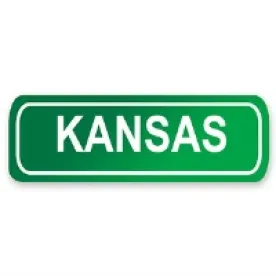Only a few states have issued guidance on the sales tax treatment of digital currency transactions. On November 2, 2020, Kansas joined this group, with Notice 20-04, Sales Tax Requirements Concerning Digital Currency Under the Retailers’ Sales and Compensating Tax Acts (the “Notice”), issued by the Kansas Department of Revenue (the “Department”).
The Notice addressed three issues:
-
Whether fees for digital currency transactions are subject to Sales Tax;
-
The measure of gross receipts for sales of tangible personal property or taxable services, when the consumer pays the retailer with digital currency; and
-
Whether the Department will accept digital currency as a form of payment of the taxpayer’s sales tax obligations.
The Notice concludes that transaction fees for digital currency transactions are not charges for either tangible personal property or a taxable service. The transaction fees, therefore, will not be subject to Kansas Sales Tax.
When a seller receives payment in digital currency for a sale of tangible personal or a taxable service, the seller is required to collect and remit sales tax based on the gross receipts it receives in the transaction. The fact that digital currency is used in payment does not affect the taxability of the underlying sale. To determine the value of the digital currency, the property should be valued in money on the date the property is paid to the retailer.
Finally, the Department confirmed that it will not accept digital currency in payment of a seller’s tax obligations. When a retailer accepts digital currency as a form of payment in a transaction subject to sales tax, the seller must convert the digital currency into US dollars prior to remittance.





 />i
/>i
